When you love someone, sometimes it can be difficult to see the whole truth, no matter how much it might stare you in the face. The red flags which you dismiss off as small things may point to the fact that you are in a dangerous relationship. And being in a dangerous relationship will never serve you well.
You cannot turn around, it seems, without hearing about violence occurring in so many ways in the world—shootings, wars, subway “pushers,” rape, and beatings. Often, it’s happening right where you are. Perhaps not in such obvious ways, but sometimes we are so close to the people we love or work with, that we cannot see that their “difficult” behavior is actually downright abusive and dangerous.
Look around in your own life. Is there a partner, family member, child or co-worker who seems difficult to deal with most of the time?
Do you know how to tell the difference between “difficult” and “dangerous”? The point when “difficult” turns to “dangerous” is often not apparent, especially when you are close to that person (e.g. “not my daughter”, “not my husband”).
A dangerous person is a threat to your well-being and health in all ways.
Whether or not they are dangerous to society is something only a psychologist or therapist can determine on an individual basis. All you need to know is if they are dangerous to you.
For your emotional, mental and physical safety, ask yourself these questions:
- Are you in denial about this person’s potential for violence because you don’t know what to do about it?
- Have you tried to talk to this person close about the startling or inappropriate ways they react to life and treat people, to no avail?
- If you did try to talk with them, where you met with anger, defenses, excuses, and rationales?
- Did they immediately point the finger back at you, rather than accept the invitation to look at themselves?
- Do you feel you must be nice to this person who scares you, just to keep the peace and not be victimized by them?
- Are you in an abusive relationship, and you need help to stand up, speak up, and do something to keep yourself and your children safe?
Related: 11 Signs It’s An Emotionally Abusive Relationship
If any of these scenarios are present in your relationship, it’s time to take action.
No, it’s not time to start blaming, getting angry, criticizing, lecturing, or threatening to leave them; that doesn’t work. Yes, threatening to leave them does seem to straighten them out for a little while, but be honest, there is no real, lasting change over time.
Many people who behave these ways are not driven by logic. (Those are the very difficult ones, the ones crossing the line between difficult and dangerous.) Not driven by logic? That’s a game-changer, isn’t it? If they are not driven by logic—and your efforts to reason with them is all you’ve got—you’re not going to get very far. Repeated attempts at reasoning just make you frustrated and furious, wasting your time, energy, and goodwill.
In fact, these folks are so resistant to your logical approach that they may even behave in more entrenched, frustrating, and violent ways just to prove to you that you have no power over them. To handle this, you need insights and skills.
Here is where we all need realistic expectations.
If you see patterns of behavior meant to dominate, control or alienate others or you, consider them signs of potential trouble. That trouble will seldom be the huge, violently overt acts of a killing spree. It is more likely repeated acts that show other people how little they care.
In so many cases, these behaviors that push people away are due to a deep belief that the offender feels unlovable. They say, “I’ll show you. You won’t ignore me.” That is their motivation for verbal or physical violence. It is a search for significance gone terribly wrong.
So, if someone you live, love or work with is habitually difficult, defensive or destructive, take note now. They likely won’t grow out of it, nor will they likely change unless they are open to positive, immediate and effective help, and, maybe not even then.
You have to do things differently because:
1. They think everyone is a potential danger to them emotionally.
Recognize that their pain is within themselves. It has nothing to do with you, so don’t take it on as your fault, no matter what they say.
Yelling, belittling, or abusing others is their desperate attempt to get some respect and release the pain that they feel. That pain was likely inflicted in childhood, emotional, physical, verbal, or sexual pain. It is not about you.

2. You avoid confronting them and their behavior.
You need to do your own internal work. If you think or feel that the poor ways someone treats you is because you deserve it, you’ve got work to do.
No one has the right to treat you badly. So, get yourself some relationship help—work on your relationship with yourself, your self-esteem and self-confidence. Gain some good communication, conflict management, and negotiation skills, too.
Related: 18 Relationship Red Flags You Should Never Ignore
3. You are NOT a doormat.
You must set boundaries and maintain them. If by chance, you have been a doormat, it’s time to stand up, brush yourself off, and never place yourself in that position again. Do this in a positive way, demonstrating love, concern, and empathy for them, but clearly explaining the specific behaviors that have to stop.
Keep in mind: You want to talk about the behavior that has to stop, not about the person. You want them to know that changing that behavior will get them more of what they want and less of what they don’t want. Set clear boundaries and limits, along with their consequences. Then, maintain them no matter how difficult that is.
When you don’t maintain your boundaries, they don’t trust or respect your word.
4. These behaviors are episodic.
They’re all over the place, but you need consistency. Being with these folks is like a roller coaster ride. They can show love and regret when threatened by potential loss, and then be equally mean and belligerent when they feel they are not getting the respect and attention they “deserve”.
You must remain true to yourself, live by your values, beliefs, and purpose all the time, not changing who you are to accommodate them, to make them happy (nothing does) or to make them like you more (you’re only going along with what they want).
5. You think that offering negative feedback helps.
You must change this belief when dealing with these folks. Negative feedback confirms how they feel about themselves, and makes your comments real; it can scare and enrage them.
Reduce and remove emotional threats. Deal with specific behaviors and what could replace them that will help you feel more engaged and positively responsive.
6. You get caught in toxic patterns of interaction.
It’s so important that you remain vigilant about stopping your own enabling behaviors. What are those? Doing what someone else wants us to do to keep them happy, keep the peace, or join them in pretending there is no problem, which is commonly called “denial.” It means making or accepting excuses for poor behavior; or, accepting that it is someone else’s fault they behave the way they do.
Enablers have poor boundaries, trust too easily, have a poor sense of their own value, and, more importantly, they seek validation of themselves through actions. They think the dysfunctional person will like them better if they join them in their denial!
Related: Empaths and Addiction: The Dangerous Relationship
That’s where “difficult” turns dangerous. If you don’t do something, you are part of the problem.
Potential for violence sounds harsh, but that’s what it is. Say the wrong word. Look at them sideways. Question their behavior. Suggest they may have a fault. Be late with their dinner. Talk back to them. Demand equality. All of these can unleash the potential for violence that pours out in torrents of accusations, demeaning comments, withholding affection, or physical or sexual abuse.
Step up and be part of the solution early, before things escalate. Remember, sometimes it is only possible to love difficult and dangerous folks from a safe distance … and that is wise.
© Rhoberta Shaler, PhD
Written by Rhoberta Shaler, PhD Originally appeared on Yourtango.com
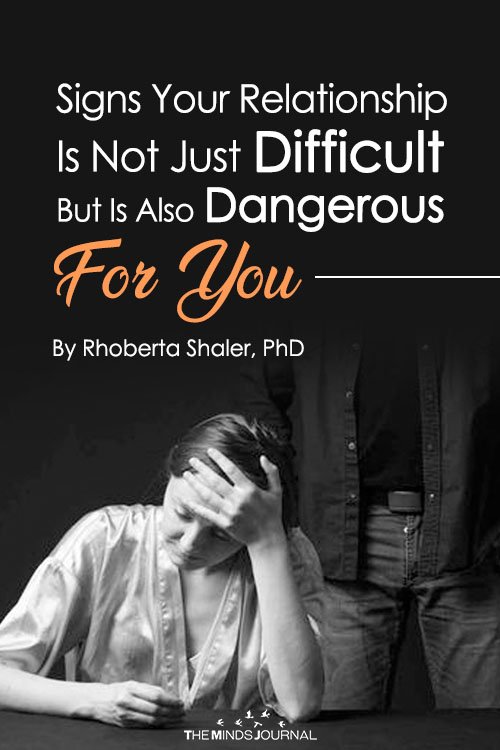
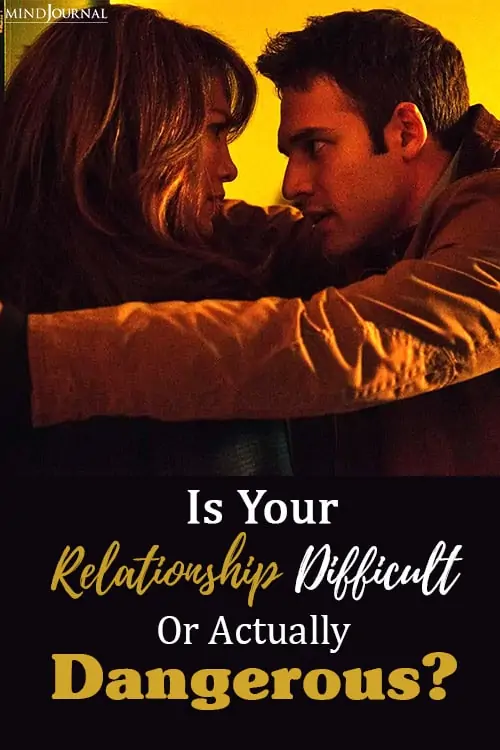
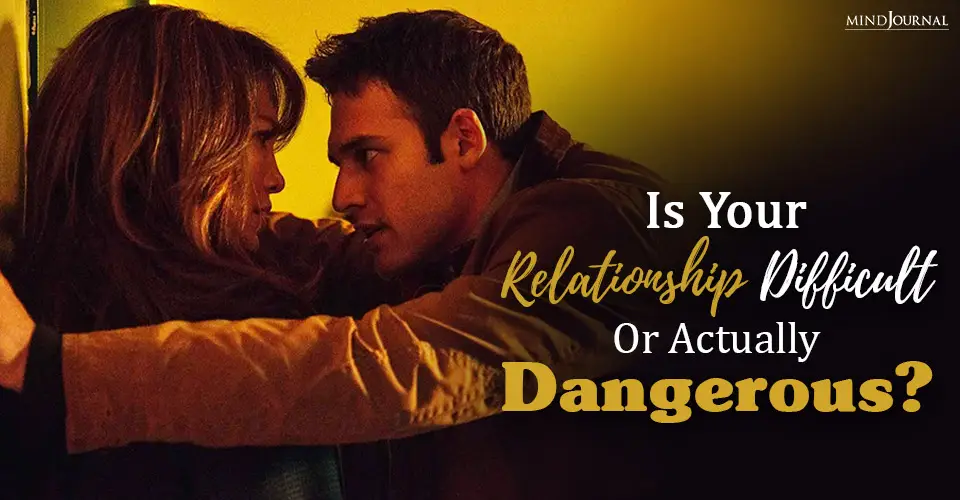







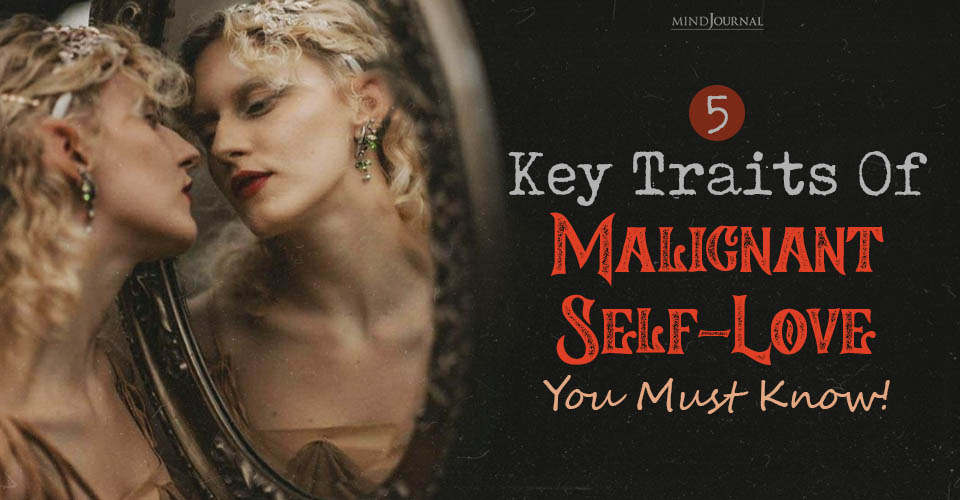

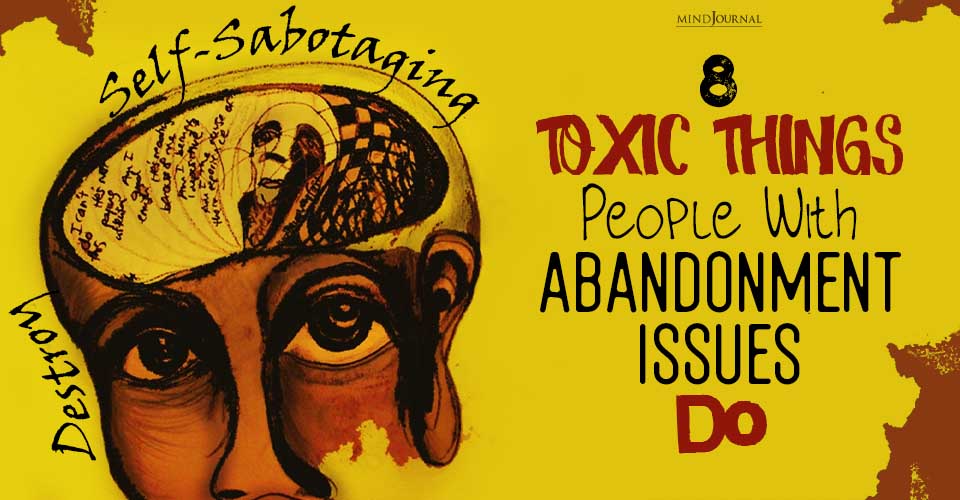

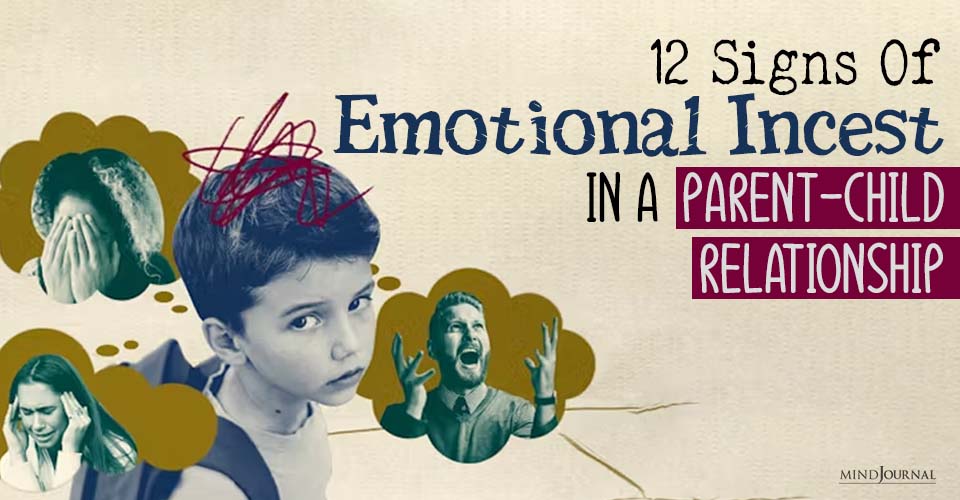

Leave a Reply
You must be logged in to post a comment.